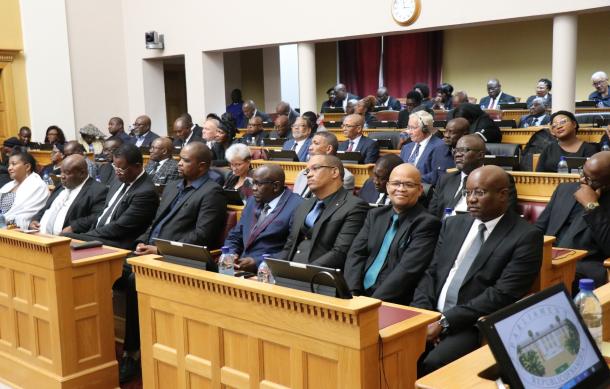
In response to the Landless People's Movement's Henny Seibeb's question about the moratorium on fuel wholesale retail licences, Minister of Mines and Energy Tom Alweendo explained that the moratorium was imposed due to concerns raised by existing retail businesses.
These businesses claimed that the increased issuance of licences was affecting their operations, leading to a reduction in profits.
"Some people want to transport petrol and diesel, but they can't due to the moratorium. Small and medium enterprises, majority black-owned, have been significantly affected. When will the moratorium be lifted?"
Minister Alweendo highlighted the dilemma of balancing the demand for retail outlets with the impact on existing businesses.
He mentioned that the country's demand for fuel had remained relatively stable, but the number of retail outlets had significantly increased.
This, according to the minister, resulted in a situation where existing businesses were experiencing reduced volumes and profits.
"We've issued numerous retail licences, affecting existing businesses. The consequence is that those who invested are no longer making the volume they used to. The moratorium aims to balance demand and prevent further negative impacts on existing businesses. Exceptions can be made for remote rural areas without outlets, but the decision to lift the moratorium requires careful consideration of broader economic implications."





